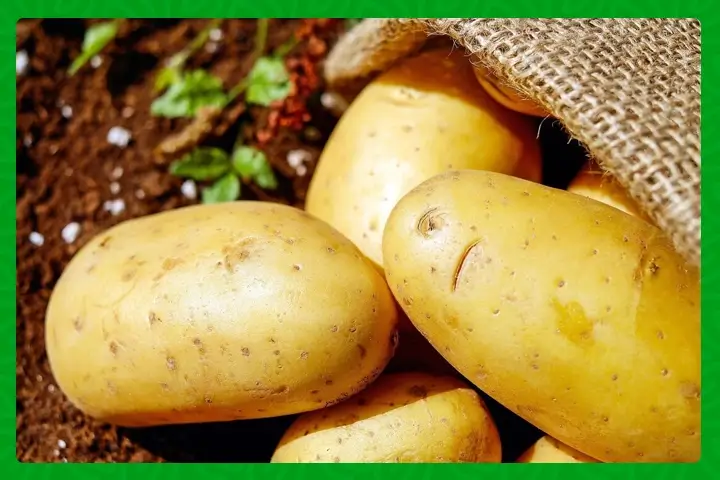
In the heart of Namibia, where a significant portion of the nation’s potatoes is imported from South Africa annually, a transformative initiative is underway. The Namibian Agronomic Board (NAB), in conjunction with the National Association of Horticulture Producers (NAHOP), is spearheading a series of comprehensive training sessions tailored for small-scale farmers. These sessions aim to equip local agricultural enthusiasts with the necessary expertise to cultivate potatoes efficiently, mitigating the country’s dependency on foreign imports and fostering self-sufficiency.
With a staggering 65% of potatoes being sourced from abroad, valued at N$538 million each year, the imperative to bolster domestic production is clear. The training initiative, spanning numerous towns across Namibia, including Gobabis, Windhoek, and Ondangwa, underscores a collective commitment to agricultural sustainability and economic resilience.
Emily Abraham, Manager of Horticulture Market Development at NAB, underscores the pivotal focus of the training regimen on potato cultivation. Essential topics ranging from seed management to marketing strategies are meticulously covered to empower farmers with comprehensive knowledge. Abraham elucidates the prevalent challenge faced by local farmers, citing the common practice of utilizing unsuitable store-bought potatoes for planting, resulting in subpar harvests unfit for commercial purposes.
Recognizing the crucial role of informed agricultural practices, the training sessions emphasize land preparation techniques, precise fertilization methods, and effective pest control strategies. Moreover, the initiative extends beyond theoretical instruction, providing practical insights into irrigation methodologies tailored to local conditions.
Shivute Shikonda, Chairperson of the Okongo Horticulture and Agro Food Processing Association, articulates the immense potential for potato cultivation within the region. Against the backdrop of abundant arable land, Shikonda advocates for a paradigm shift towards diversified crop cultivation, heralding a promising future for agricultural innovation and prosperity.
However, amidst the optimism, challenges loom large, particularly concerning water scarcity and seed availability in certain regions. Farmers in Ondangwa express their apprehensions, urging governmental intervention to streamline assistance mechanisms and expedite resource provision.
In response, Abraham underscores the importance of starting small, leveraging available resources efficiently, and exploring financing options for essential infrastructure such as borehole installation. Notably, she highlights Agribank’s accommodating collateral requirements as a viable avenue for financial support, affirming the commitment to addressing seed availability concerns through localized production initiatives.
Aspiring farmers are urged to embrace the transformative power of knowledge acquisition, with Abraham emphasizing the indispensable role of comprehensive training in ensuring agricultural success. In a poignant reminder, she underscores that wealth alone cannot guarantee prosperity without the foundational expertise requisite for sustainable farming practices.
In the crucible of these training sessions lies the promise of a more resilient and self-reliant agricultural landscape in Namibia. By empowering small-scale farmers with the tools and knowledge to cultivate potatoes effectively, this initiative heralds a new era of agricultural independence, poised to transform communities and drive economic growth from within.
Stay updated with the latest farming tips and agriculture industry news from Africa by subscribing to our newsletter. Don’t miss out on valuable insights and updates. Follow us on Twitter, LinkedIn, and Facebook to join our farming community and stay connected with us.



















